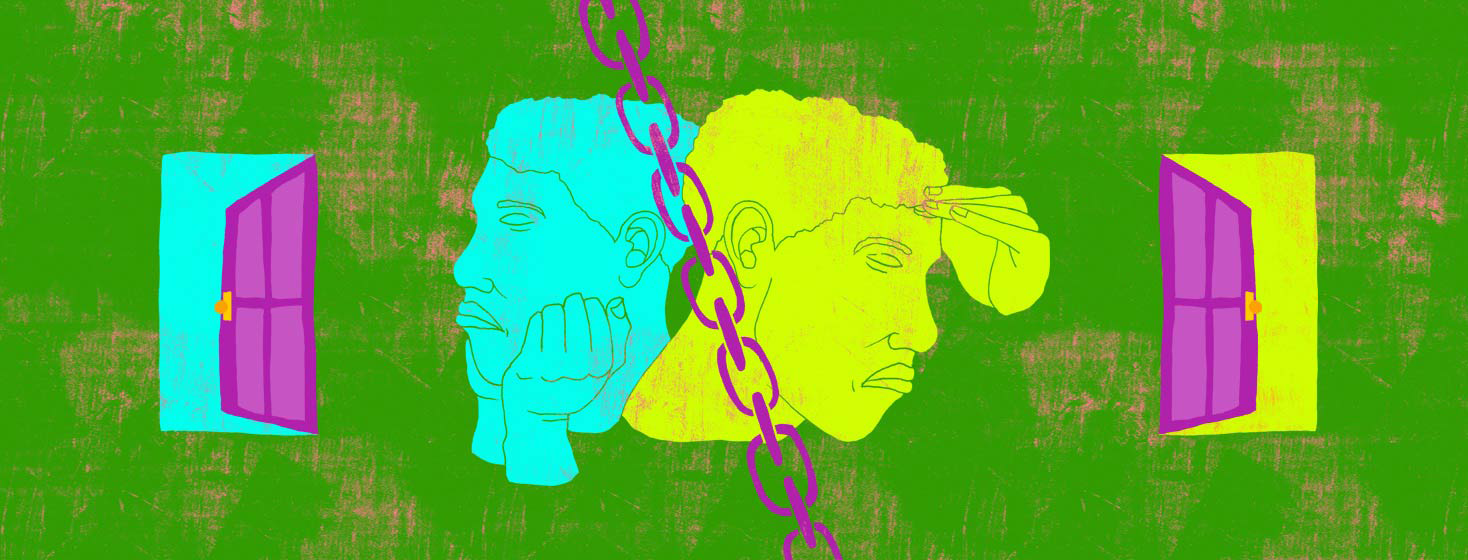The Link Between Hep C and HIV
The link between HCV (hepatitis C virus) and HIV has been known for quite some time. For someone with HIV, an additional diagnosis of hep C can be extremely scary and overwhelming. Furthermore, these individuals are likely to face significant stigma, possibly even more so than either condition alone. However, with the newer, effective treatments, people with HIV can now be hep C free.
Co-infection statistics
It is relatively common to be infected with both HCV and HIV. In the United States and many other countries, people infected with HIV are often also tested for HCV. The reason for this is because the route of transmission of these viruses are similar: Both viruses are spread through blood contact. Worldwide, it is estimated that 6% of people with HIV also have HCV.1 However, this number is higher in the United States, where about 30% of people with HIV also have HCV.2 It is thought that the opioid epidemic is contributing to the higher rates of co-infection, being infected with both Hep C and HIV, in the United states.
The risk of co-infection is higher in certain groups. For example, the risk is highest in people who inject drugs.3
What comes first?
People are infected initially with either HIV or HCV depending on the cause of infection. For example, men who have sex with men are at risk for both viruses are more likely to acquire HIV first, and HCV later.3 This is because HIV is more easily spread via sex compared to HCV.4
On the other-hand, people who use injection drugs are more likely to acquire HCV first.3 Despite these statistics, it is important not to stigmatize: Not all people co-infected with both HCV and HIV use injection drug or engage in risky sex practices.
Effect on liver
Even though HIV is not considered a liver disease itself, it can worsen liver status in people infected with HCV. Co-infection can also lead to faster progression to cirrhosis, or scarring of the liver.1
Achieving a hep C cure
Achieving a cure for hep C amidst HIV is not impossible, and has been done, especially with the newer therapies. With the previous interferon therapies, people infected with HIV generally had lower chances of achieving a cure for hep C. However, with the new therapies, people with HIV have the same likelihood of a hep C cure as people without HIV.5 It is, therefore, important not to delay and get treatment for hep C as soon as possible.
Finding support
It can feel incredibly isolating to be living with both hep C and HIV. For those without family and/or friend support, communities such as HepatitisC.net can help bridge that gap of isolation. If you are also living with HIV, our HIV sister community may be helpful.
Are you managing both hep C and HIV? We would love to hear about your experience with achieving a hep C cure below.

Join the conversation